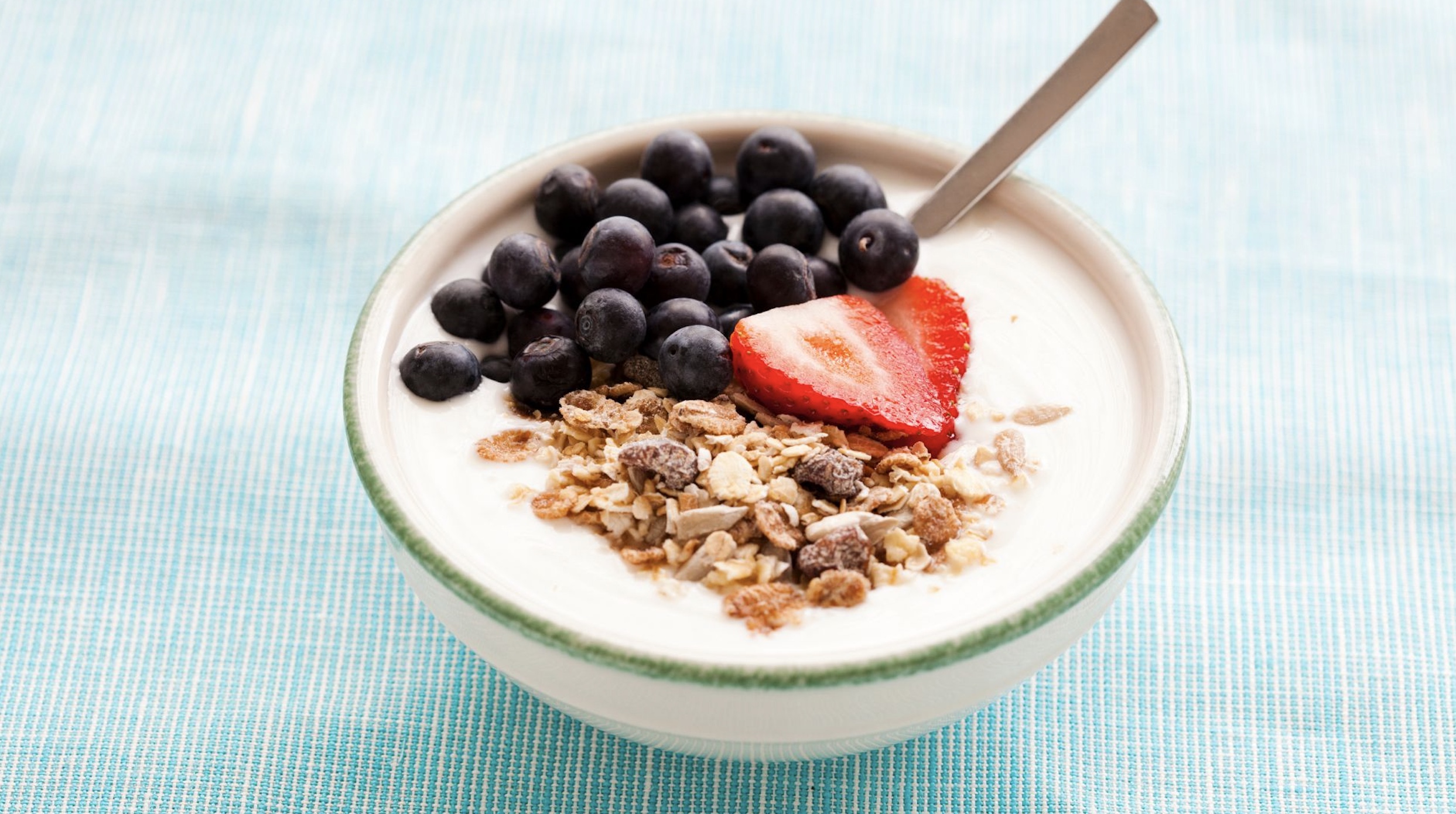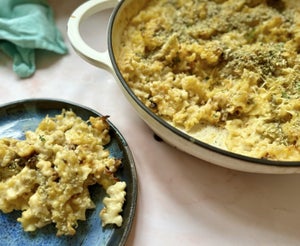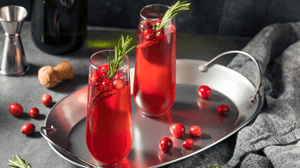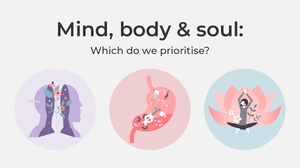Vaginal health is an vital subject for all women, but not one that is talked about enough. This can mean that many women are unaware of the current health of their vagina or what steps they can take to improve it. When it comes to vaginal health, it is important that women understand exactly what is normal for them so that it is easier to spot when something is not quite right. This then means they can then tackle any issues and make adjustments to their lifestyle which may help to improve the situation.
Vaginal health can often be overlooked, but it remains an important part of a woman's overall health picture[i]. There are a number of factors which can impact vaginal health, so in this article we explore both the signs of a healthy vagina alongside the best foods to ensure that it is kept in tip top condition.
What are the signs of a healthy vagina?
It is important to remember that no two vaginas are the same, so you need to get to know yours and understand what normal looks like for you. Most women will experience some form of discharge on a regular basis, which should be clear or whitish in colour. The amount that each person experiences will vary, and it can change throughout your menstrual cycle[i].
A healthy vagina should be one which feels comfortable at all times, meaning there shouldn't be any redness, itching or irritation as these could be indicators of conditions such as yeast infections or sexually transmitted infections. Pain during sexual intercourse is also not normal and could be due to a number of different issues such as vaginal dryness, inflammation of the cervix or hormonal changes[ii].
It is perfectly normal for the vagina to have some form of odour. This should not be bad smelling but rather a scent that is familiar and unique to you. That means if it changes, you are aware that it could be the sign of a problem[iii].
Vaginal bleeding in between periods or after sex may also be signs of an issue when it comes to your vaginal health[iv].
How can I improve my vaginal health?
A healthy vagina is one you don't think about very often because it should cause you little to no discomfort. If this isn't the case, then it might be time to look at your vaginal health and see if there are ways that you can improve it.
Wash without harsh or perfumed products
One of the most crucial things you can do for your vagina is to practise good hygiene. This includes ensuring that you wash daily with warm water and only the gentlest of products. Contrary to popular belief, you do not need to wash inside your vagina, douche or use any kind of harsh or perfumed products as these can upset the natural pH balance of the vagina and potentially cause further problems[vi].
Avoid unprotected sex
To help improve your vaginal health, you also need to consider your sex life. Unprotected sex can result in sexually transmitted infections[vii], so ensuring that you use a contraceptive such as a condom can help protect you from this.
Choose breathable fabrics
Tight fitting and synthetic clothing can also be an issue for your vagina health. It is therefore a good idea to choose natural fabrics which are breathable and absorbent. Also make sure to wear clean, fresh underwear every day and avoid wearing underwear at night wherever possible[viii].
Consider your diet
It might not be the first thing you think about, but your diet is also something that can impact on the overall health of your vagina. This is because there are a number of vitamins, minerals and nutrients that can reduce your risk of vagina infections or help recovery from them. It is therefore important to understand which foods can best support your vaginal health[ix].
What are the best foods for vaginal health?
When it comes to understanding exactly which foods that are best for your vaginal health, you first need to be aware of the pH of your vagina. Depending on your age and menstrual cycle, your pH should be between 3.8 and 4.2. As this is moderately acidic, it can help to prevent any unhealthy build-up of bacteria and yeast from multiplying quickly[x].
Ideally, a diet that promotes good vaginal health should be rich in probiotic foods. Probiotics are live microbes that have a range of different health benefits, including the ability to improve vaginal health. The vagina includes probiotics such as Lactobacillus, which protects against bacteria which can lead to problems such as bacterial vaginosis and yeast infections[xi]. Foods which are naturally rich in probiotics include yoghurt, kefir, sauerkraut, kimchi and miso[xii].
Foods which are high in fibre are known as prebiotics, and these can help to feed the good bacteria in your gut. Therefore foods such as fruits, beans, vegetables, nuts and whole grains can be extremely beneficial[xiii].
The good news is that there are some foods that we all enjoy that can also be beneficial for vaginal health, and one great example is dark chocolate. This tends to be a great source of antioxidants and magnesium and by eating at least a square a day, it is possible to help soothe the nerves, help libido and increase the feel-good chemical dopamine[xiv].
It is also worth remembering that there are some foods which are best to limit if you are concerned about your vaginal health. Anything high in saturated fat has the potential to disrupt vaginal health as it can disrupt the natural balance of bacteria. In fact, a high consumption of fat could be linked to higher risks of bacterial vaginosis[xv].









